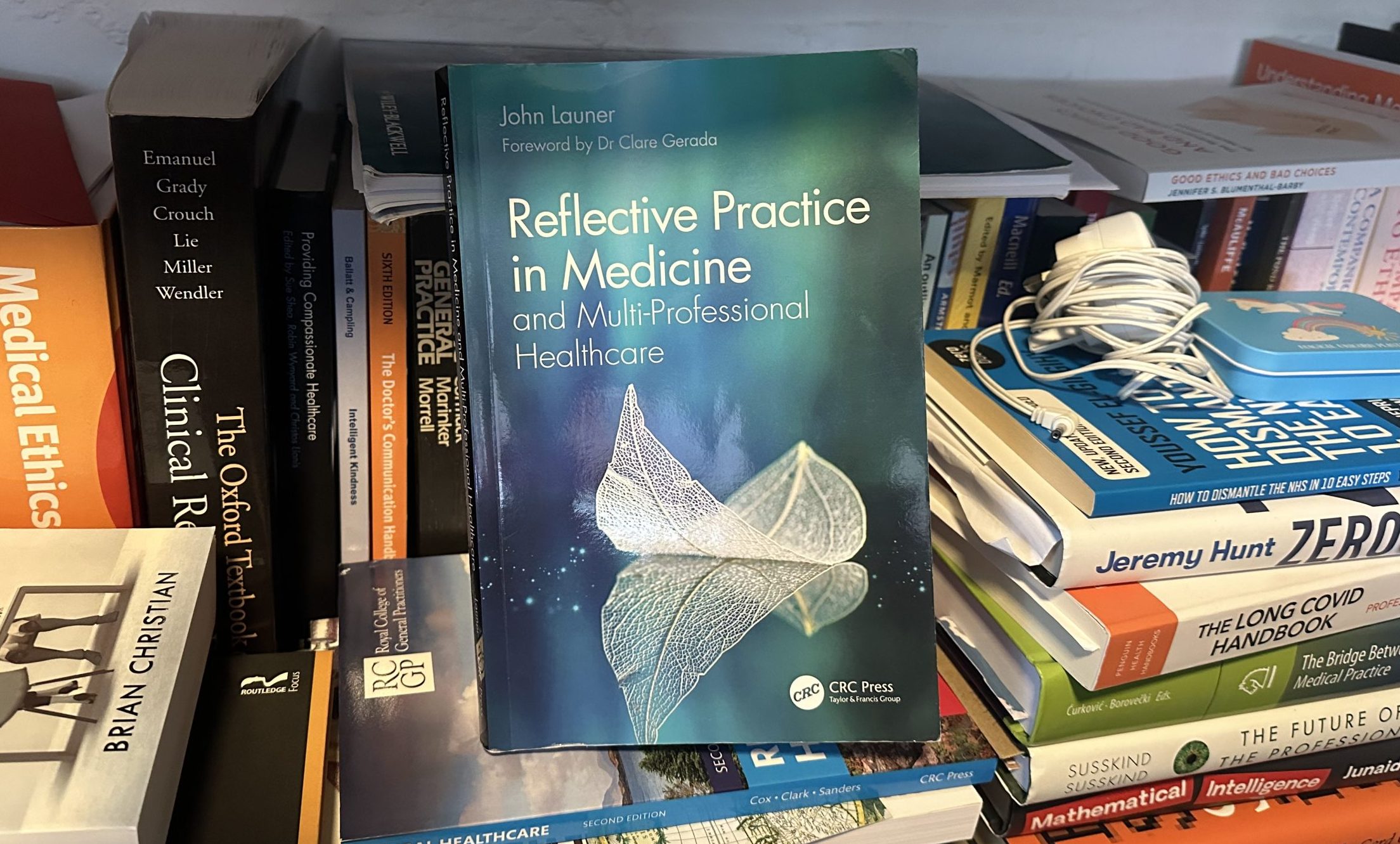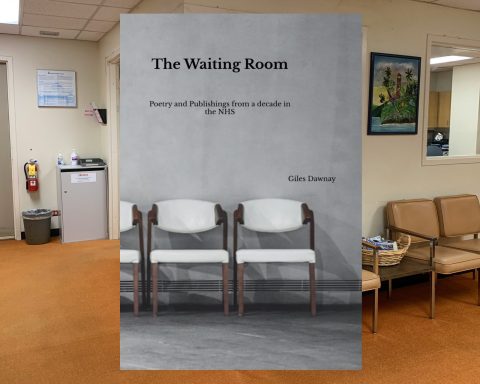
Every so often, I come across a really useful book, and sometimes the book is also fun to read. Although I have to declare at the outset that I have taught alongside John Launer and edited his work for my own book as well as for this journal, I can, with a clear conscience, say that ‘Reflective practice in medicine and multi professional healthcare’ is a useful book… and I was also caught reading it on the beach last summer. In essence, the book is a collection of John Launer’s columns in the Postgraduate Medical Journal, themed “On reflection.“ Whilst it is possible for the enterprising reader to assemble a large part of this book by going online and seeking out the individual PDFs of the articles, it is lovely to have a curated text organised by theme in a manner practical to postgraduate healthcare education.
Concepts are presented succinctly and clearly, with a sense of fun.
The themes themselves highlight their usefulness: learning to communicate, concepts and theories, supervision, techniques and teamwork, and narrative practice are among the section headings. The ‘provocations’ section provokes some uncomfortable but healthy reflections! I found the book particularly useful as a teaching fellow on an advanced primary care practice program (The CATALYST programme at Hull York Medical School), where we found that using techniques such as ‘Conversations inviting change’1 or concepts, such as the difference between guidelines and mind lines2 were part of the knowledge-work and skills development. Mind lines, for example, embody, the idea that knowledge emerges from testing academic solutions in the real world of complex human systems, rather than relying on simplified trials abstracted from the original context. Gabbay and Le May, whose work Launer channels in the relevant chapter, argue that evidence-based medicine undervalues tacit context-based knowledge, promoting a naive cookbook approach to practice. This is not to say that evidence-based medicine is wrong or useless, only that we need to be better aware of the context producing knowledge and the context in which it is used. Surely such an idea is of use to practitioners and policymakers alike. The section on supervision, to my mind, should be read by anybody who is facing an appraisal, or has to work in a reflective group as a tutor or a learner as well as (to be honest) anyone who feels professionally lonely in the consulting room (haven’t many of us been there?).
…I was also caught reading it on the beach last summer.
There are, of course, some aspects of this book that are very much products of the John Launer stable – ‘Conversations inviting change,’ is a programme and method. I cannot decide myself if this blends communication skills with psychological therapy or skilfully deploys therapeutic styles of conversation in the everyday consultation. All in all, I would recommend this collection either for occasional or selective reading, or as a handbook for a new-to-practice or advance practice course. Concepts are presented succinctly and clearly, with a sense of fun.
References:
- Evidence based guidelines or collectively constructed “mindlines?” Ethnographic study of knowledge management in primary care doi:10.1136/bmj.329.7473.1013
- Launer J, Conversartions inviting change, Postgrad Med J 2008 Vol 84 No 987
https://pmj.bmj.com/content/postgradmedj/84/987/4.full.pdf
Featured Book: Reflective practice in medicine and multi-professional healthcare, CRC press, 2022, ISBN 9780367714604, paperback £19.99
Featured photo: The deputy editor’s bookshelf, by Andrew Papanikitas 2023






